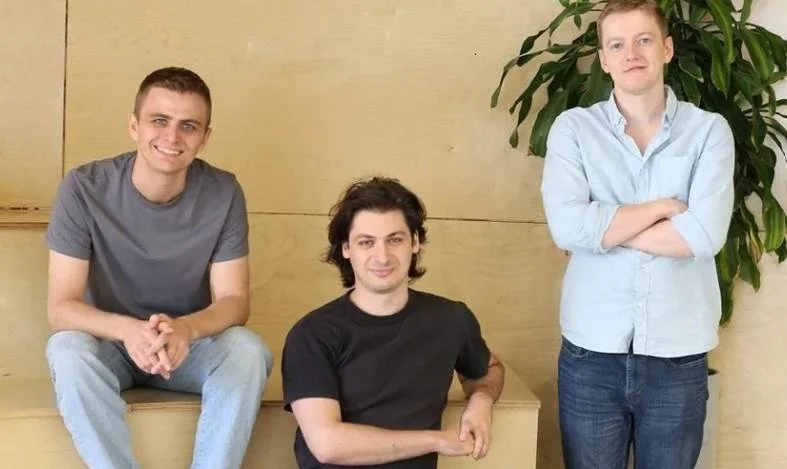Iceberg Quantum Launches With $2 Million Pre-seed, Teams up With PsiQuantum
Iceberg Quantum, founded by three University of Sydney PhD alumni, has raised $2 million in pre-seed funding led by Blackbird and partnered with PsiQuantum to develop low-overhead fault-tolerant architectures for photonic quantum computing.
PRESS RELEASE — Iceberg Quantum, a quantum computing architecture startup founded by three University of Sydney PhD alumni, has today announced it has raised $2 million in a pre-seed round led by Blackbird, with participation from UK-based LocalGlobe, and entered its first major partnership with PsiQuantum to apply its fault-tolerant architectures to PsiQuantum’s photonic platform.
Iceberg Quantum is tackling a critical challenge in realising useful quantum computing: the enormous hardware overhead required for quantum error correction. Because qubits are inherently noisier than transistors, useful quantum computers need fault-tolerant architectures that continuously detect and correct errors. Current approaches demand vast numbers of qubits to achieve this, but by leveraging breakthroughs in a new class of quantum error-correcting codes, Iceberg Quantum aims to cut that overhead by over an order of magnitude—accelerating the path to practical quantum computing.
The idea for Iceberg Quantum emerged while its three founders—Felix Thomsen, Larry Cohen, and Sam Smith—were pursuing their PhDs at the University of Sydney under the supervision of Prof. Stephen Bartlett, a world leader in quantum error correction who has since joined the company as an advisor. During his research, co-founder Larry Cohen developed the first general-purpose scheme for performing logic gates with quantum LDPC codes, revealing a dramatically more efficient path to fault-tolerant quantum computing.
“We are fast-approaching the useful quantum computing era and are proud to see Australians leading the charge,” said Michael Tolo, Partner at Blackbird. “Since the announcement that Brisbane will host the world’s first useful quantum computer, we have seen the next generation of local research talent emerge with the ambition to leave their mark. The technical progress that Felix, Larry and Sam have made over the last six months shows us that their approach could accelerate the timeline to useful quantum computing and push these systems to perform more valuable tasks, sooner. We had the privilege of watching the team grow since participating in our Foundry program last year, before the company had even been incorporated. We invest behind unique insights and velocity of progress, and this team has both in spades.”
Read more via the Quantum Insider
Related articles







